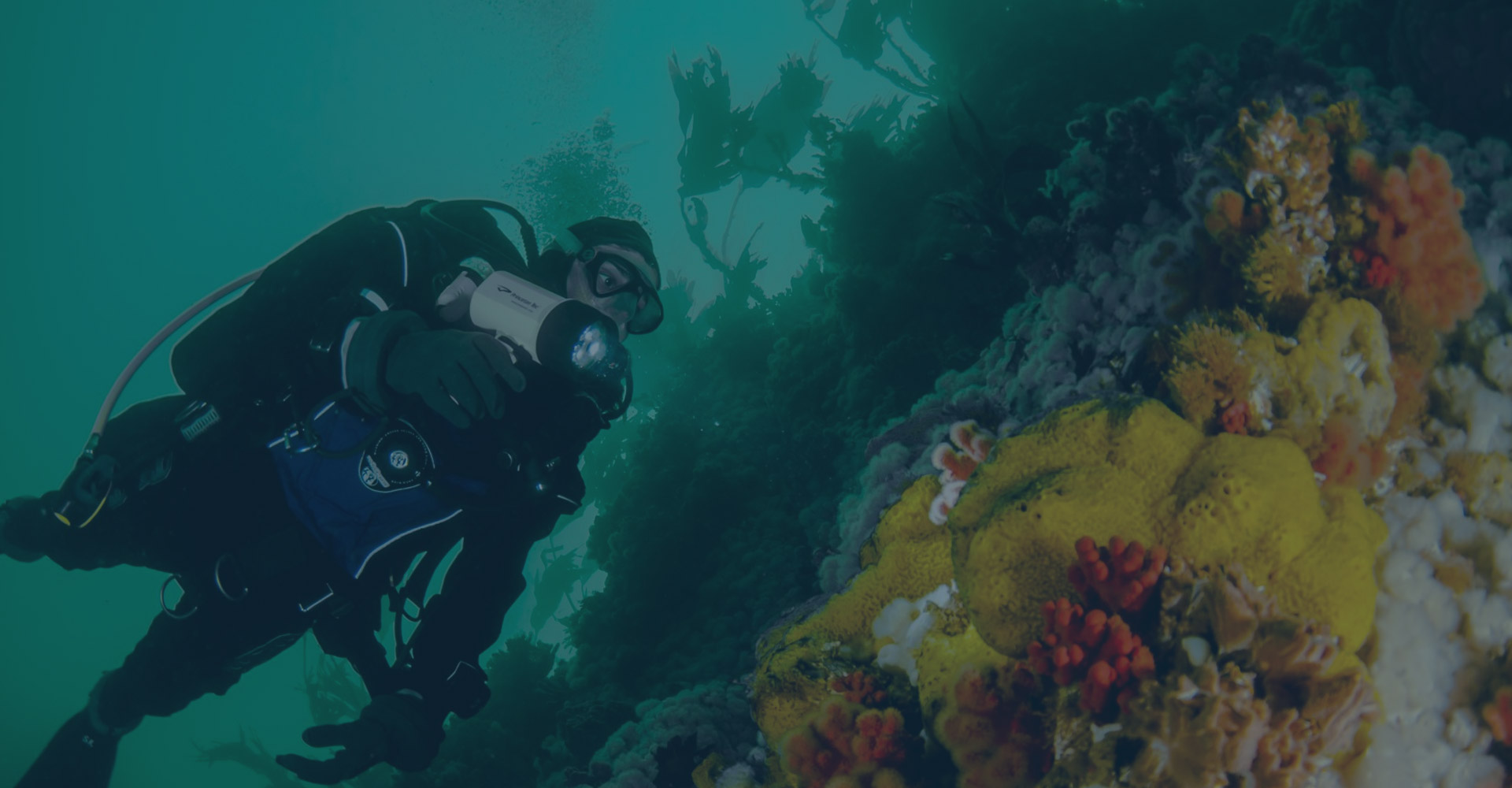One of the most critical pieces of scuba dive safety equipment is a good dive buddy. Sure, your own awareness, problem solving and ability to manage stress are vital, but if you get into a situation that is difficult for you to handle on your own a good dive buddy can take a potentially dangerous problem and solve it quickly and painlessly. However, relying on a buddy that isn’t great can put us at risk whether through actively dangerous behaviour or just passive inattention.

The following are some tricks and tips to being a better, safer buddy.
A good dive buddy should always be aware
This starts at the surface. Are you diving in a group? On a guided dive? Who is responsible for knowing the environmental conditions? I know locally we can head out to the same old sites in most conditions but there have been times that it has been worth calling the dive before getting into the water. This is always a little bit easier when you at least have that possibility on your mind. Tides are high and there’s a good breeze? Maybe you and your buddy can agree to take a look at the entrance when you arrive and have a back-up option (whether that be a different site or a different activity). There are usually several resources for checking tides; locally Environment Canada is one of the best options.
Once you’re in the water situational awareness is a key component to staying safe underwater that maybe does not get stressed enough in early training. Both at the surface and after you’ve descended, pay attention to where you are in the water column, how the current is moving, where other divers and marine life are, and, of course, where your buddy is in the mix. This is particularly important when you start a dive. Don’t just start the descent together, continue it all the way to the bottom or your chosen depth. That way if either of you have trouble equalizing or a gear issue that wasn’t noticed topside then you have a chance to respond appropriately rather than getting to the bottom and wondering where your buddy is. Once at depth, take a moment to check on each other, confirm directional headings and who is leading the dive.
Underwater communication must be clear for both divers
I know an instructor that liked to say, “finding a good dive buddy is harder than finding a good spouse.” While that may be a bit of an exaggeration (but perhaps not by much), the key to both relationships is communication.
This starts before you get in the water. If you’re diving with someone new it’s best to find out a bit about them before your buddy check. Is this their 5th dive or their 500th? Do they know the area? Ask questions about their gear configuration and how they usually like to dive. You may already have a dive plan in place but if it is something very unusual for them, you may want to know that. Do a thorough buddy check and talk about the dive. Talk about bottom time, depth, direction, minimum gas, safety stop or decompression procedures, communication techniques. How do you show 1200psi? Oh, your buddy is in bar? That’s good to know…
Throughout the dive continue to communicate. Occasionally check in with your buddy to see if they are ‘okay’. Check to see how much air they have. Let them know when you’ve reached your agreed turn-around pressure. Unsure about the direction you are headed? Maybe check in to see if they know where they are going.
If you suspect your buddy is having difficulty check on them. Sometimes it is worth repeating an “okay” signal a second time if you’re not sure how genuine their first one is. Obviously, choose your moments with this, but if you’re observing signs of stress then it can’t hurt to be sure. Watch for rapid breathing (lots of bubbles), wide eyes, flailing wildly, etc.
It may be cliche, but it saves lives, remember: Anyone can call a dive at any time for any reason. Sometimes, that just means when you realize you are in a situation that is too much for you.
Be respectful of other divers
It seems pretty obvious, but it goes a long way. You’re diving as part of a team so it is best to behave that way. Diving is fun! And sharing that with someone else only amplifies it. At least you have a partner to confirm your story about that six gill shark at Whytecliff Park when you’re diving with a buddy.
So be a team member. Help each other out getting in or out of the water, help your buddy get their fins on or off, communicate, stay nearby (but try not to trample them) underwater, share your cool critter finds. Try to pace your gearing up similarly – if you tend to lag behind, try to stay on task but don’t rush. If you’re super efficient and way ahead of your buddy maybe take a breather or check to see if they need a hand. Don’t let your light dangle and blind them (and don’t wear one on your mask – you blind your buddy every time you look at them). Diving with all levels of buddy can be a lot of fun. Newer divers can re-ignite enthusiasm for sites and creatures we can take for granted after years at the sport; diving with well established divers can be a relaxing and/or educational experience in the water.
Just be polite, be aware and be safe. And have fun!